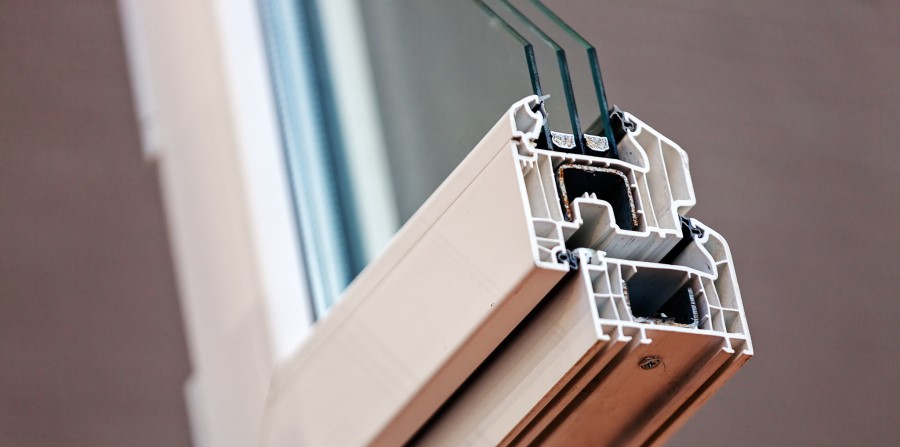Industry-wide LCA for Certified Vinyl Profiles Eases Manufacturer Sustainability Reporting
The LCA will aid in selling to new customers and gaining market share in the sustainable building industry

Anyone who has dealt with the world of life cycle assessment (LCA) documentation, including environmental product declarations (EPDs) and health product declarations (HPDs), can easily testify to the complicated nature of the field. But, some companies are now at the forefront of the LCA movement within the fenestration industry.
Working with the Fenestration and Glazing Industry Alliance, six members have embarked since October 2023 on a transparency trek that may be a game changer for the whole community. Glenn Ferris, FGIA’s fenestration standards specialist, is leading the charge.
Ultimately, the work of these pioneering members will deliver an industry-wide average LCA for certified vinyl profiles that can then be used by any producer of certified vinyl profiles as an input for vinyl window and door product EPD generation.
FGIA goals include:
-
Reduce the cost and learning curve involved in producing EPDs and product sustainability.
-
Keep the window manufacturing industry on pace with AEC community expectation or answerability.
-
Share free, basic and key overview information learned by pioneering members of the initiative.
-
Provide a means for those participating in the project to produce continually updated information to see how the company is performing year-in and year-out down to specific facilities.
EPDs allow manufacturers to confidently report before sustainably minded home designers and builders. Beyond the fact that EPDs are being suggested as a cost of doing business in general, it literally is the cost of doing business with the federal government, as it’s a requirement in the bidding process on many jobs. Manufacturers are increasingly under pressure to show progress toward improved sustainability of their products, and an LCA for certified vinyl fenestration profiles can help satisfy that demand. Providing such transparency absolutely adds cost to manufacturing, but FGIA believes that its membership’s investment in the process will pay dividends.
So, what is involved? There are 16 facilities of the six participating companies that have been undergoing a four-phase, 32-week process in which nine tasks are being established to cement the needed deliverables for a published EPD. Getting the numbers is key; each location has two to four people investing in data collection. While six companies may seem like a small sample size, these members represent more than 30% of the $1.3 billion vinyl windows market, so it’s providing a pretty good view of the whole.
FGIA is partnering with Sustainable Solutions Corporation (SSC), an experienced sustainability consultancy whose project liaison has been involved in the creation of thousands of EPDs. The data collection process is near completion and a critical review will occur in March. Based on results of the preliminary life cycle assessment review, SSC will update the LCA model, interpret results and conduct sensitivity analyses as necessary. SSC will prepare a final LCA report for FGIA, describing all aspects of the industry averaged life cycle assessment, including assumptions and detailed results. FGIA will approve the report before moving forward with critical review and publication.
The report should be completed by summer 2024.
In addition to cost and performance benefits and quantifying environmental performance, a life cycle assessment is a critical part of selling to new customers and gaining market share in the sustainable building industry. Customers that use fenestration profiles in their window and door assemblies may wish to develop EPDs to meet LEED credits; developing an LCA for certified PVC profiles can provide fenestration manufacturers with accurate LCA data for their EPDs.
The members participating in the development of the industry-wide LCA are really supporting the whole of the industry. Their efforts will help all tell a better story about vinyl window and door sustainability.



